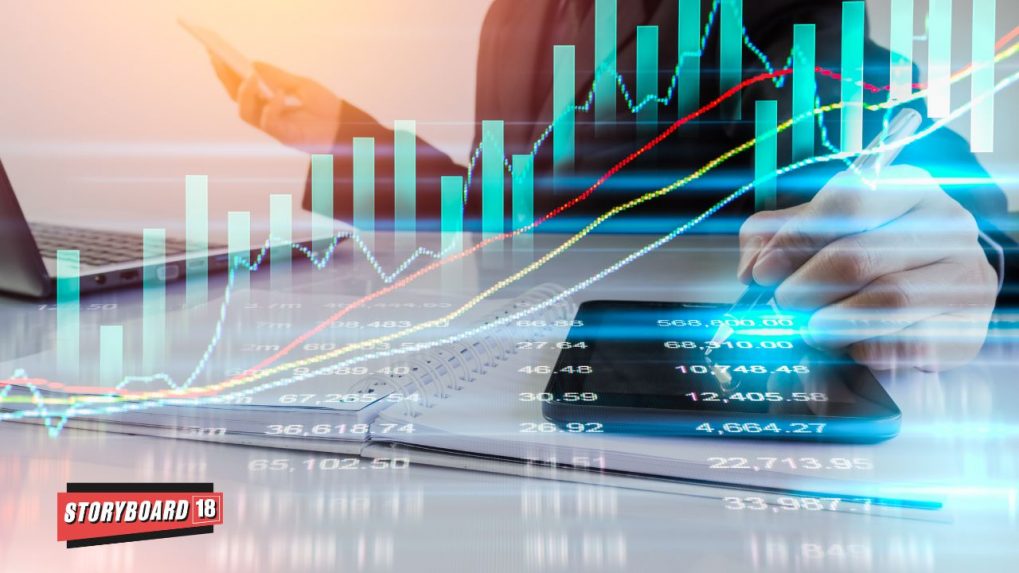Advertising
From Pink Slips to Silent Sidelining: Inside adland’s layoff and anxiety crisis

In 2022-23, the digital economy accounted for 11.74 percent of India's GDP, equivalent to Rs 31.64 lakh crore ($402 billion), and employed over 14.67 million workers, or 2.55 percent of the workforce, according to the State of India’s Digital Economy Report 2024. As per the report, India's digital economy has emerged as a powerful driver of growth, employment and sustainable development due to rapid digitalisation, positioning the country as the third largest digitalised economy globally.
As the digital sector expands, it is expected to contribute nearly one-fifth of India’s national income by 2029-30, surpassing traditional sectors like agriculture and manufacturing.
The report also highlighted sector is almost five times more productive than other areas of the economy. Digitally enabling industries, such as ICT services and electronics manufacturing, played a major role, contributing 7.83 percent of Gross Value Added (GVA). Digital platforms and intermediaries, along with digitalisation in traditional sectors like banking, retail and education, further added to this growth.
The most significant growth in the digital economy is expected to come from the expansion of digital intermediaries and platforms, with artificial intelligence (AI), cloud services and global capability centers (GCCs) leading the way. Interestingly, India now hosts 55 percent of the world's GCCs, offshore centers established by multinational companies to handle services such as IT support and business process management.
Shift in various sectors
The retail sector is shifting to omni-channel models, with e-commerce platforms integrating physical stores and enhancing operations through AI tools and chatbots.
In the BFSI sector, while banking transactions have almost fully transitioned to digital, other financial activities like loans and investments are still largely offline.
In fact, education institutions are increasingly adopting hybrid models that combine online and offline learning formats.
By 2030, India’s digital economy is projected to represent nearly 20 percent of the country’s overall economic output. Over the past decade, industries enabling digital technologies have grown at an impressive rate of 17.3 percent, outpacing the overall economic growth rate of 11.8 percent. Digital platforms, in particular, are expected to see a growth rate of around 30 percent in the coming years.
From purpose-driven work and narrative-rich brand films to AI-enabled ideas and creator-led collaborations, the awards reflect the full spectrum of modern creativity.
Read MoreLooking ahead to the close of 2025 and into 2026, Sorrell sees technology platforms as the clear winners. He described them as “nation states in their own right”, with market capitalisations that exceed the GDPs of many countries.